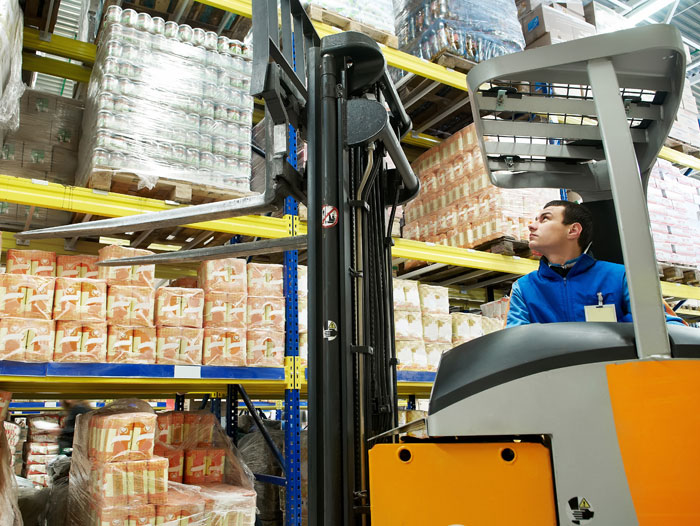Specialty Food 101: Common Distributor Deductions
December 24, 2020 | 1 min to read

Invoice deductions are a material cost of business for suppliers selling to retail chains. The deductions represent the difference between your invoice amount and the payment remitted by the distributor used to service these chains. These deductions can cover many expenses associated with selling and promoting products in certain retail segments through the distributor network: fees for new retail accounts; monies for retailer promotions; shelf resets; and short shipments are just a few.
Unexpected deductions, often called chargebacks, can be time- and revenue-draining when they occur. Most deductions should ideally be pre-authorized, or agreed upon upfront when buyer and seller set the terms of the sale. Clarity about the sale terms is paramount and may be the single best piece of advice for minimizing deductions. Unexpected chargebacks are usually the result of miscommunication and/or misunderstanding about the structure of the initial agreement among the main players involved in the sale—supplier and distributor or supplier and retailer.
Most deduction disputes revolve around supermarkets, but many are applicable to other channels as well. Here are some of the most common deductions you can encounter.
To read the rest of the story, please go to: Specialty Food Association
